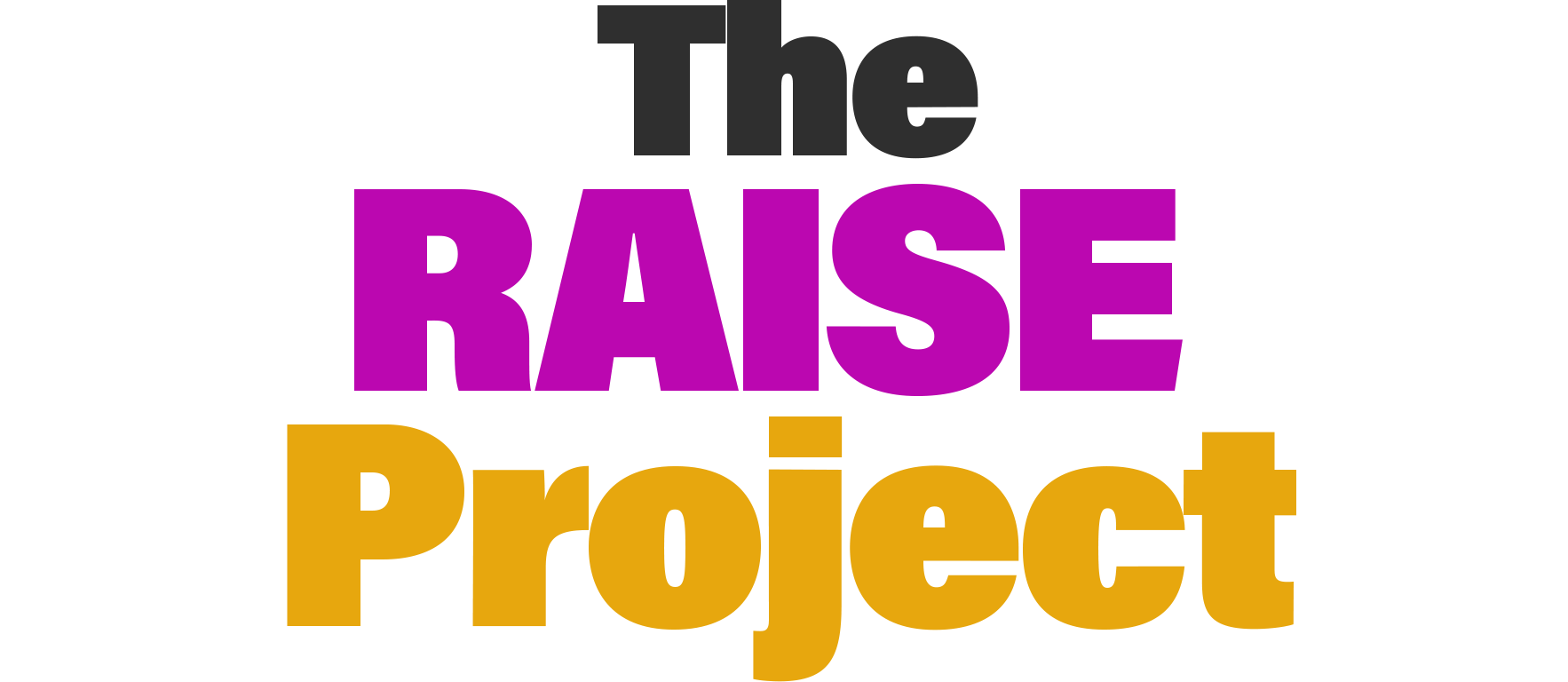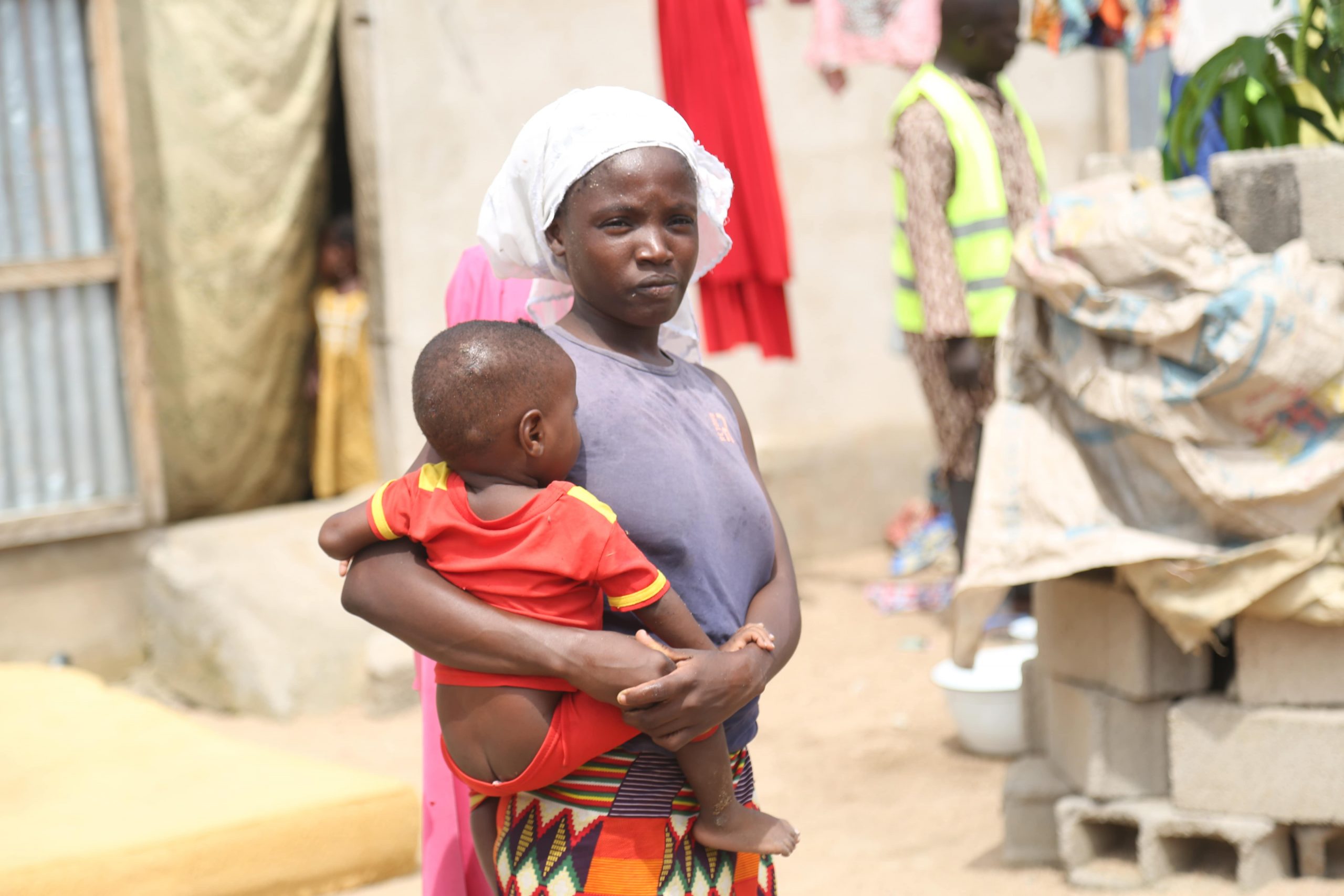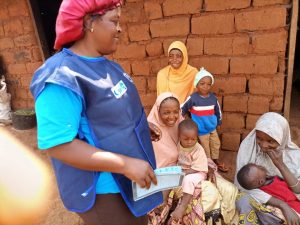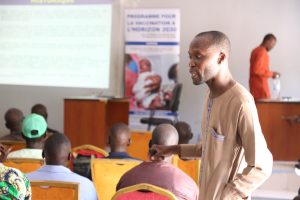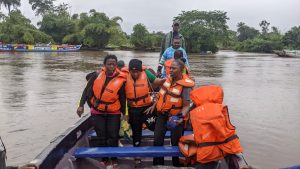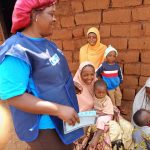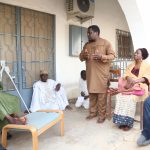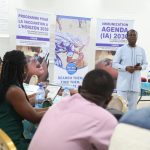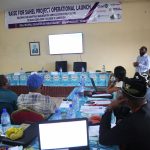Born of a Tchadian mother and a Cameroonian father, Eduard Sanai has always been in transit with her mother within the frontiers of Cameroon and Tchad in the Waidoua Community of Yagoua. She often buys and sells goods along the borders, which explains her frequent movements. Sanai’s parents’ constant movements across the countries made it difficult for her to receive vaccines. “I did not mind vaccinating my child, but my schedule simply did not coincide with vaccination schedules in either country”, Amina, Sanai’s mother, attested.
Sanai was born at home and had never visited a health facility. Despite the use of herbs to treat her, the little girl at 26 months is yet to walk and barely has flesh on her bones. However, the parents had no money to take her to the hospital. “we barely have what to eat. I honestly have nothing against vaccination; it’s just that we have more important things to worry about,” Amina explained softly in fufulde as her frail hands chased the flies on her daughter’s face.
Amina and her daughter were identified during a RAISE for Sahel integrated awareness-raising campaign to discuss the importance of vaccination and WASH. Amina was first attracted by the WASH component of the campaign, which she felt could help her improve her child’s health. “They made me understand that leaving my child unvaccinated may expose her to double calamity -Malnutrition and vaccine-preventable diseases. Hence, I choose to vaccinate her to close a gap while we explore ways to make her healthy.”
Sanai received her first dose of diphtheria on this faithful day, while the R4S team helped her mother with simple tips that would help her improve her child’s health.
Integrating other services into the vaccination package has proven its efficacy as more people come for different reasons, and vaccination becomes a complimentary service to them.
